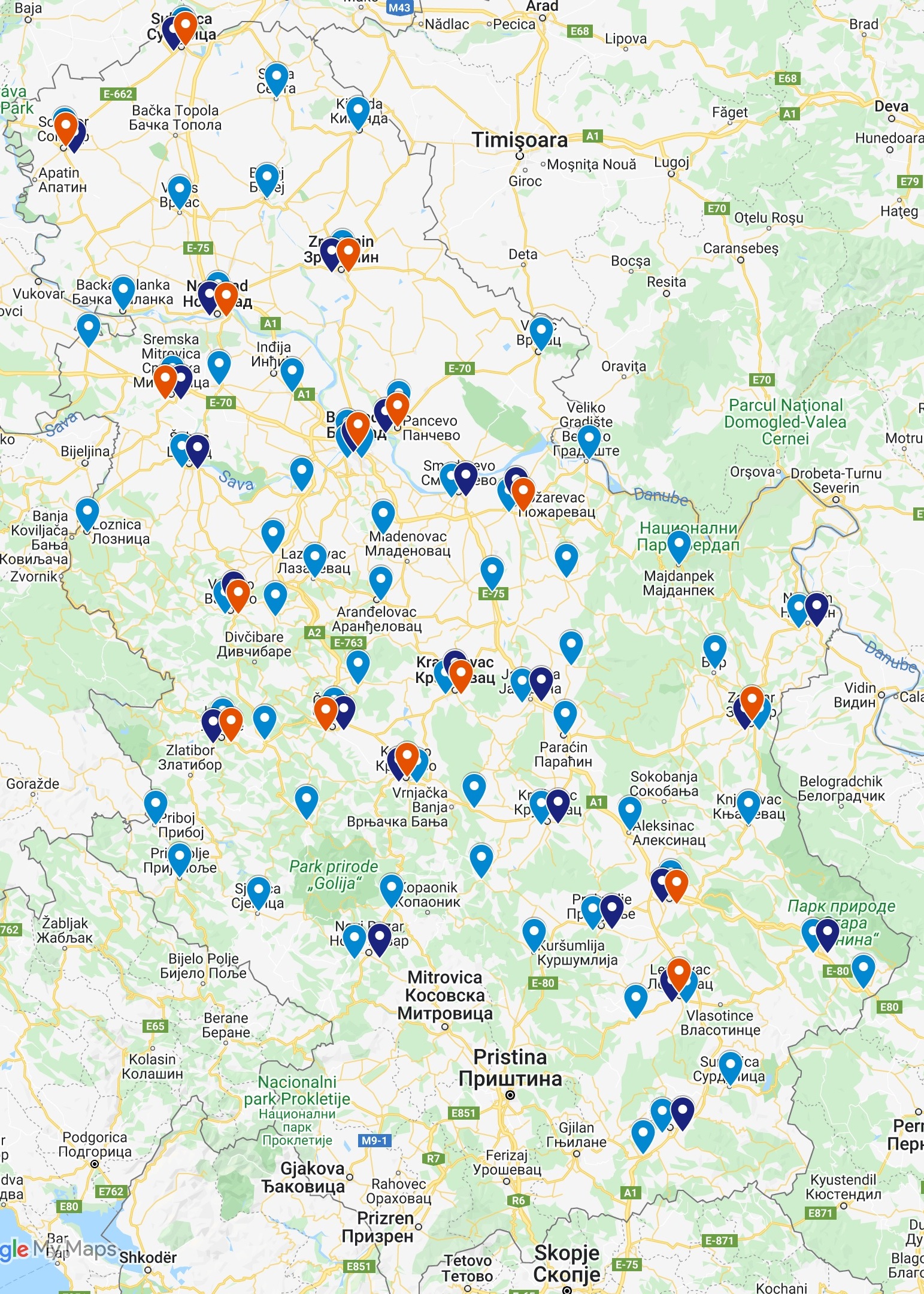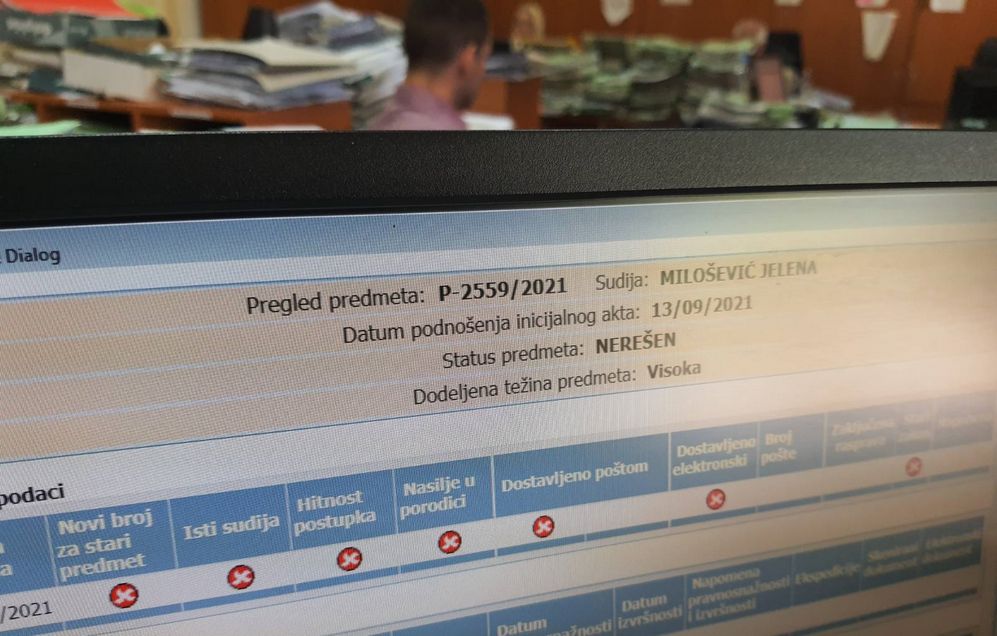In the last decade, there have been several attempts by donor-funded projects to develop a Case Weighting Formula that would be implemented in the Serbian courts. Unfortunately, the methodologies applied to development of those formulas have failed in designing a comprehensive and easy-to-understand formula which could effectively be implemented in the individual courts.
The first breakthrough in those efforts came in 2017, with the EU-funded “Judicial Efficiency Project”. As part of this project, implemented by 4DC in a consortium led by the British Council, a Case Weighting Formula for basic and higher courts has been developed, adopted by the High Judicial Council Working Group, and implemented in 20 pilot courts – 16 basic and 4 higher.
The methodology used for development of the formula was a mix of a “data driven analysis” methodology, complemented with “Delphi” methodology. A wide set of data from a large case sample was collected, in order to provide input needed to identify and understand the correlation between different events in a particular case, such as legal basis of the case, number and length of hearings, number of incoming or outgoing documents in the case etc., and the time needed for the judge to spend on the particular case. Approximately, over 500.000 cases were reviewed this way. Additionally, the initial findings which were based on the “data driven analysis” methodology were reviewed and commented by the so called “expert panel” of judges (Delphi methodology). This approach ensured an objective and data driven analysis, that would additionally be compared against the real-life work experience of seasoned judges. The applied methodology was recognized by CEPEJ in its 2020 “Case weighting in judicial systems” report, stating that “a good example for a transparent weight is that of the events-based case-weights formula used, among others, in the United States, Serbia and Israel.”
The implemented formula ensures equal allocation of cases to judges in a particular department (litigation, criminal etc.) both by number as well as complexity. Consequently, this enables the judges to reach their decisions in a similar time frame, which leads to equal access to justice for all parties to a case. Significantly, the developed formula was implemented in the court’s case management system, ensuring automated use of the formula, excluding possible subjectivity or manual error. The “weight” of a case is not determined by the court clerks or the judges but is dependent on the case parameters entered into the court CMS. This ensures standardized application of the implemented formula, throughout all the courts.

In 2021, as part of the “EU for Serbia – Support to the High Judicial Council” project, 4DC expert team has implemented the earlier developed Case Weighting Formula in the remaining 50 basic and 20 higher courts. In parallel with this effort, the experts also developed a Case Weighting Formula for commercial courts, applying the same methodology and approach previously used to develop CWF for basic and higher courts. The applied approach was even more detailed, since the experts reviewed a massive case sample of approximately 75% of all commercial court cases in the courts’ SQL server databases.
Once approved by the Working Group in December 2021, the formula was implemented in all 16 commercial courts in January 2022. As of mid-January, the case weighting formula is in use in all basic, higher and commercial courts, in line with Serbia’s Action Plan for Chapter 23. Action Plan for Chapter 23.





